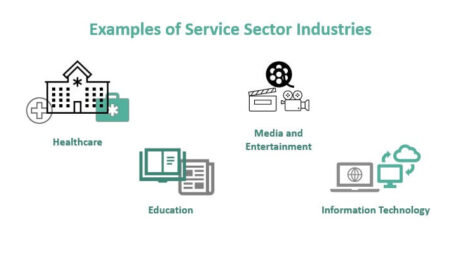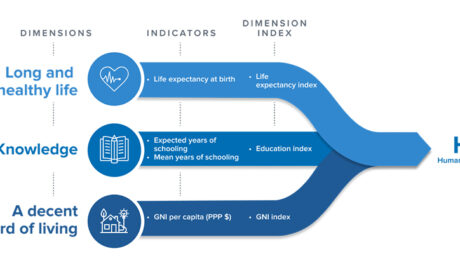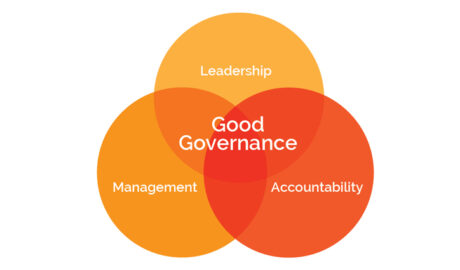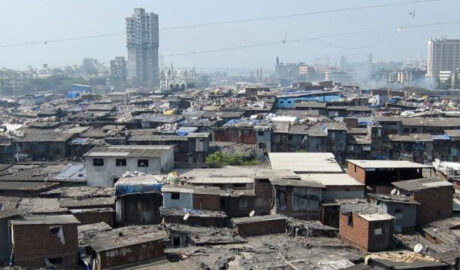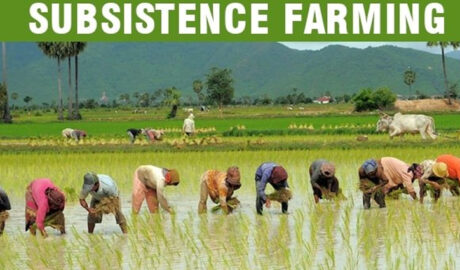Justify the tremendous growth of the Service Sector in developed and developing countries than the manufacturing sector? Explain giving suitable examples.
The service sector has seen tremendous growth in both developed and developing countries in recent decades. One of the main reasons for this growth is the increasing importance of knowledge and information in the global economy. In many cases, knowledge-intensive services are more profitable and scalable than traditional manufacturing industries,Read More →
